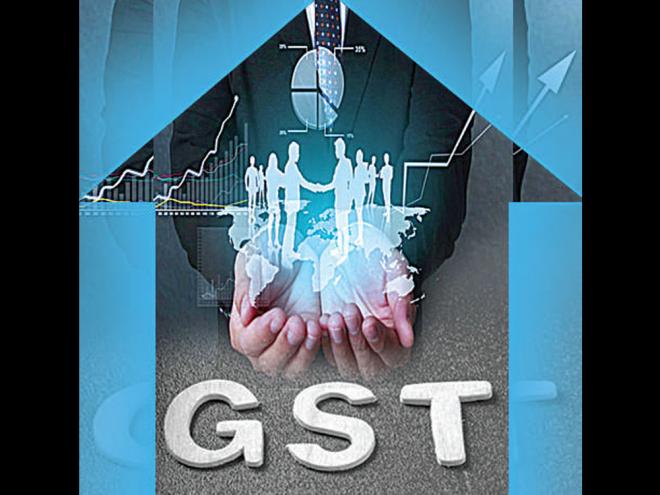Govt to roll out GST on July 1
06:51PM Thu 30 Mar, 2017

New Delhi, March 31, 2017, DHNS:Seventeen years after the idea was mooted by the BJP government led by the then Prime Minister Atal Behari Vajpayee, the Goods and Services Tax (GST) is now set for a July 1, rollout as four key bills have been passed by the Lok Sabha.
Now, the major task that remains is the fitment of rates. Finance Minister Arun Jaitley said, the mammoth exercise, for which the background work is underway, will start from Monday.
The Lok Sabha on Wednesday passed four bills, relating to the implementation of the GST, following a marathon nine-hour debate. It passed the Central GST, Integrated GST, UT GST and Compensation Bills. The State GST Bill, will need to be passed by the Assemblies of each of the states and Union Territories with legislature.
Giving reply to the debate on GST, Jaitley assured that commodities of mass consumption such as food items will have zero tax. He said that the decision to bring real estate within the GST ambit will be taken within one year of its rollout.
The GST Bill seeks to replace various tax laws like Central Excise Law and VAT Law. In the absence of multiple tax slabs, India’s new tax regime will be highly regressive, he said.
On the rate determination, the finance minister said that the Central Excise and state VAT on a particular product will be added and then put into the nearest GST rate. For example, the Central Excise rate on a particular commodity is 7%, and VAT too is 7%, then it will come under the 12%-GST bracket even if the addition of both taxes is 14%.
Four-tier rate
The GST Council had earlier decided a four-tier rate structure of 5%, 12%, 18% and 28%. The cess on sin and luxury goods has been decided at 12%, but the peak rate of cess could be 15%. On Thursday, Economic Affairs Secretary Shaktikant Das said that rate fitment will be worked out in the next few weeks. He said that the Centre and states are together prepared for implementation of the ‘one nation, one tax’ from July 1.
He said, the new tax regime will be “hugely positive” for the country’s economic growth and together with demonetisation and JAM (Jandhan, Aadhaar and mobile phone) will generate more employment than ever before.
On concerns of inflationary impact of GST, he said, since the GST will ensure input tax credit to manufacturers, it will in fact be less inflationary.
Input tax credit is the credit manufacturers receive for paying input taxes towards inputs used in the manufacture of products. For example, for manufacturing a car in Haryana, if a company sources parts from Tamil Nadu and has already paid a tax on it, then there will be input tax credit











